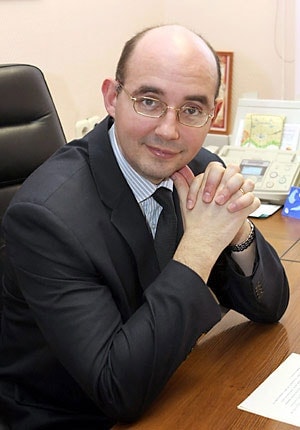Interpol has recently received a big portion of criticism from western mass media. The reason was that Interpol confirmed that the two men convicted of planting a bomb in Minsk metro and subsequently executed were guilty. Founded in 1923 at the Second International Criminal Police Congress, the International Criminal Police Organization, Interpol, focuses on international crimes and terrorism using an infrastructure of technical and operational support and helping understand crime trends.
There are attempts to make Interpol join the ‘cold war’ against Belarus unleashed by some western states. In the course of an information campaign against Belarus because of allegedly biased investigation of the terrorist act committed 11 April 2011 in Minsk metro its western initiators wanted Interpol to voice a position that would prove their point of view. Interpol, however, insists that the official investigation was conducted professionally. On 30 July, BBC showed a documentary about the terrorist attack in Minsk. Interpol had to respond to the BBC report and publish its full statement which had been provided to the BBC.
The statement says: “It is regrettable that none of the information provided by Interpol about the nature and strength of evidence obtained during Belarus’s criminal investigation into the Minsk terrorist metro bombing was included by the documentary maker, who preferred instead to rely solely on biased speculation”. The statement also says about pressure imposed on the organization to force it distort the facts: “Personal attacks based on false and misleading statements about Interpol and its Secretary General serve no meaningful purpose. Each claim concerning Interpol advanced by the documentary maker and Belarusian opposition leaders in the case involving the 11 April 2011 Minsk terrorist subway bombing has been proven false.”
Finally, Interpol presents its position regarding fair and unbiased journalism: “The media should ensure that they are in possession of all the facts in order to report them objectively so that the public is fully and accurately informed. If one professes to defend and promote values such as respect for human rights, justice and the search for the truth, it could at least be expected that they abide by these same principles in their actions and reporting. Advancing one-sided false claims about murderous terrorist conduct can only undermine public confidence in the media. Interpol is therefore taking this opportunity to provide our responses to the false allegations and claims linked to Interpol’s activities.”











